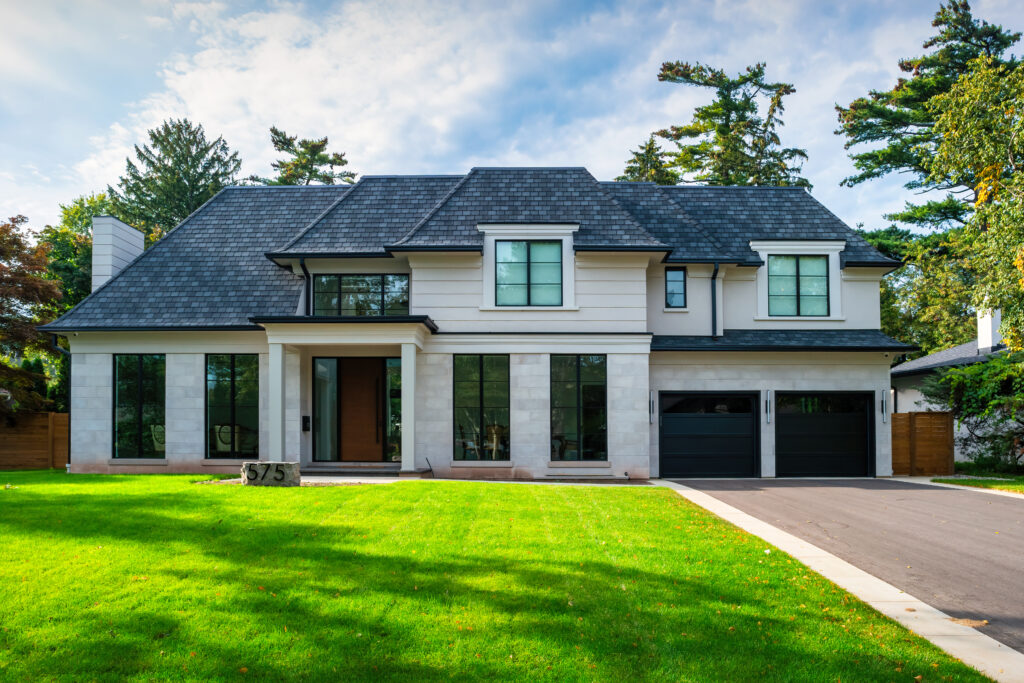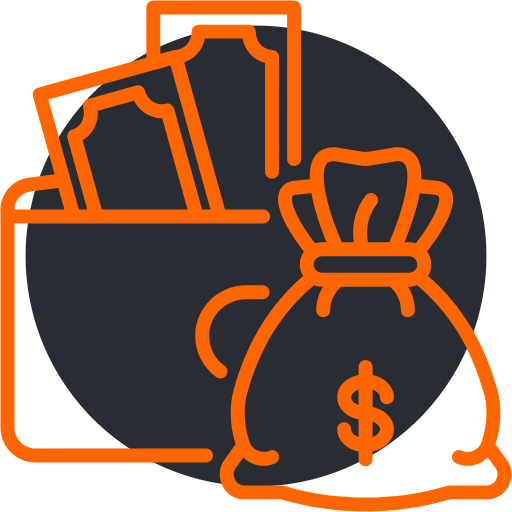What is a home Equity Loan?
A home equity loan allows Canadian homeowners to borrow against the value they’ve built in their property. It offers fast access to funds with fewer restrictions than traditional bank loans. Typically, you can borrow up to 80% of your home’s appraised value, minus any remaining mortgage balance.
As you pay down your mortgage or as your property value increases, your available equity — and your borrowing power — grows. Home equity financing provides a lump sum of cash that can be used for major expenses like renovations, debt consolidation, education costs, business investments, or life events.
It’s a flexible, affordable solution to unlock your home’s financial po
Benefits
What Is Home Equity & Why It Matters
Home equity is the difference between your home’s market value and the remaining balance on your mortgage. As you pay down your mortgage or as your home’s value increases, your equity grows — and it can be a powerful financial tool.
Common ways to use home equity include:
- Home Equity Line of Credit (HELOC) – Flexible access to funds with interest-only payments
- Home Equity Loan – A lump-sum loan with a fixed interest rate
- Refinancing Your Mortgage – Access equity by increasing your mortgage amount
- Reverse Mortgages – Designed for homeowners aged 55+ to tap into equity without selling
Learn how home equity works and what lenders look for at the
Financial Consumer Agency of Canada – Home Equity Loans and HELOCs (dofollow link).
Tools to Help You Plan
FAQs
Are you qualified for Canada’s First-Time Home Buyer Incentive?
If your income is $120,000 or less and your total mortgage amount is no more than four times your annual income, you may qualify. Additionally, either you or your spouse/partner must be a first-time home buyer. You must also be a Canadian citizen, permanent resident, or a non-permanent resident with work authorization in Canada.
How does Canada’s First-Time Home Buyer Incentive work?
For eligible first-time home buyers, the Canadian government offers a program designed to reduce monthly mortgage payments without requiring a larger down payment. The government contributes 5% or 10% of the home’s purchase price, depending on the property type. This contribution acts as a second mortgage on the property and must be repaid within 25 years or upon the sale of the home, whichever occurs first.
What are the benefits of getting pre-approved for a mortgage as a first-time home buyer?
Getting pre-approved for a mortgage offers several advantages for first-time home buyers. It provides a clear understanding of your budget by determining how much you can borrow, which helps you focus on homes within your price range. Pre-approval also strengthens your offer by showing sellers you are a serious buyer with secured financing, making your bid more competitive. Additionally, it can speed up the closing process since much of the paperwork and verification are completed in advance. Plus, with rate protection for 120 days, you’re safeguarded against rate increases, ensuring your mortgage rate remains stable. Overall, pre-approval gives you confidence and a strategic edge in the home-buying process.
What is the most common mortgage for first-time buyers?
The standard mortgage for first-time home buyers is a repayment period typically 25 years, although 30-year mortgages are becoming more widely available. For instance, starting August 1, 2024, first-time buyers can now purchase a new construction home with a 30-year mortgage and a down payment of less than 20%.
How do I qualify as a first-time home buyer in Ontario?
You or the person you’re buying the home with may qualify as a first-time home buyer if:
a) You have never previously purchased a home.
b)You have experienced a breakdown of a marriage or common-law partnership.
c) In the past four years, you have not lived in a home that was owned by you, a spouse, or a common-law partner.






